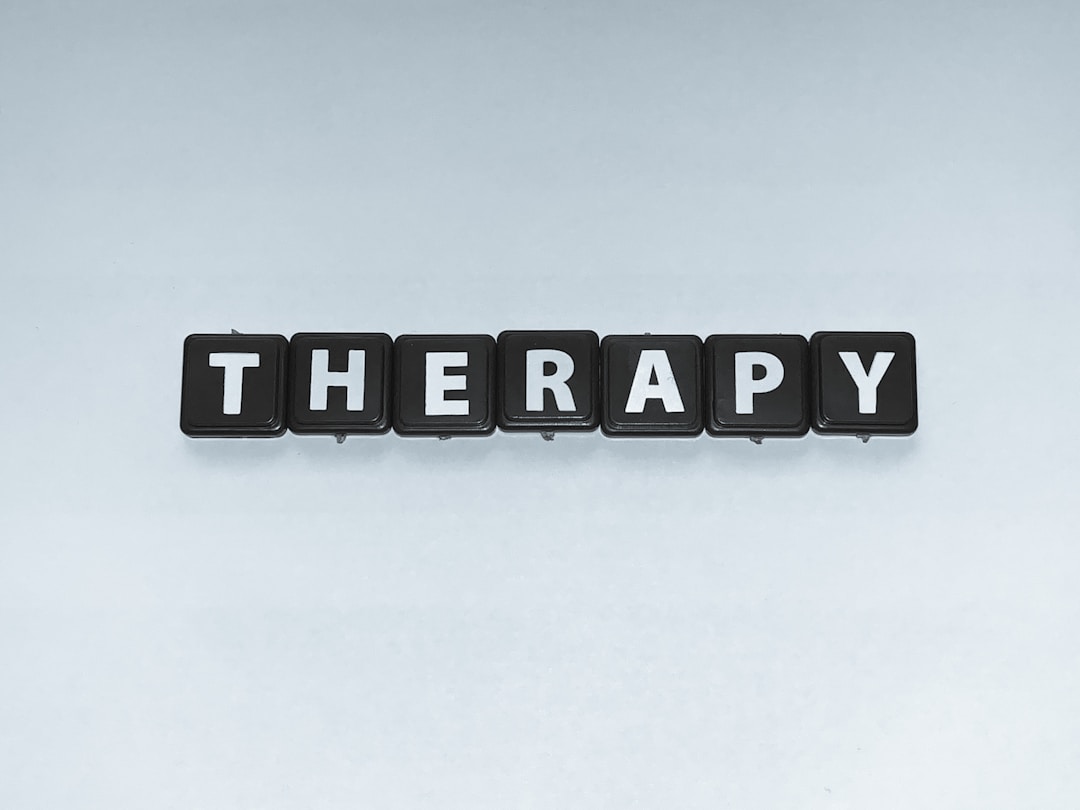Finding the right treatment center for your teen doesn’t need to be as scary or overwhelming as it may sound. In fact, teen mental health centers have come a long way and now offer supportive environments for teens with every type of mental illness, behavior challenge, or mood disorder. If you have a teenager who needs help, there are a few ways to find the right treatment center for your child. For what to look for in a teen treatment center, read on.
Familiarize yourself with the options.

The first thing to do when shopping for teen mental health facilities is to get an idea of what’s out there. No two treatment programs are the same. Some centers specialize in teen depression and mood disorders and are run with group therapy and a variety of intensive programs. Other centers are more structured and offer mental health care in the same way a psychiatric hospital might. To understand each residential program you’re considering, it’s a great idea to ask questions.
Consider talking to your child’s doctor about places they recommend. If your child has behavioral health issues, for example, one program might be better than another. Once you have this referral, start by calling the treatment centers and asking about their mental health programs, discharge plans, whether they offer outpatient services, and if family members are allowed to visit. The more information you get from the clinical team and staff ahead of time, the better you’ll feel like checking your child into an intensive program.
Look for a supportive place with activities.

For many parents, it’s important that the center they choose will play up to their child’s strengths. That is, there are centers where art therapy, equine therapy, or time in nature are all wrapped into the treatment plan. A parent with a child who excels in the arts is interested in nature, or has an affinity for sports might want to look specifically for residential programs that work within the context of their child’s interests.
When calling admission offices, be sure to ask about what a child would need to bring, no matter what type of programming that center offers. Rules around only allowing a wireless bra instead of one with underwires might surprise you. Knowing rules and regulations ahead of time will help you and your child to be able to stay focused on the type of treatment they will receive in a caring environment rather than last-minute conflicts on check-in day.
Ask about family therapy.

Most children are part of a bigger system. That is, they come from families. If you have a child who’s experienced mental health or behavioral issues, you already know how these issues can impact the entire family. Because families are dynamic, systemic groups, everyone in that family is impacted by one person’s mental illness. For this reason, when choosing a therapy setting for your teenager, you’ll want to ask about whether they offer therapy for the entire family system.
Many parents, especially those with children going to treatment for the first time, are also interested in knowing what role they’ll be able to play in their child’s treatment. If being included in medical management or treatment plan decisions is important to you, you’ll want to ask about that ahead of time to be sure the center you send your child to is a great match.
By taking the time to do a little research, reaching out to the professional with questions, and being open-minded about mental health treatment plans for your child, you’ll put yourself and your teenager in a better position to feel better soon. If you’re struggling with your own mental health issues, be sure to look out for yourself, too, and contact a licensed mental health professional.

